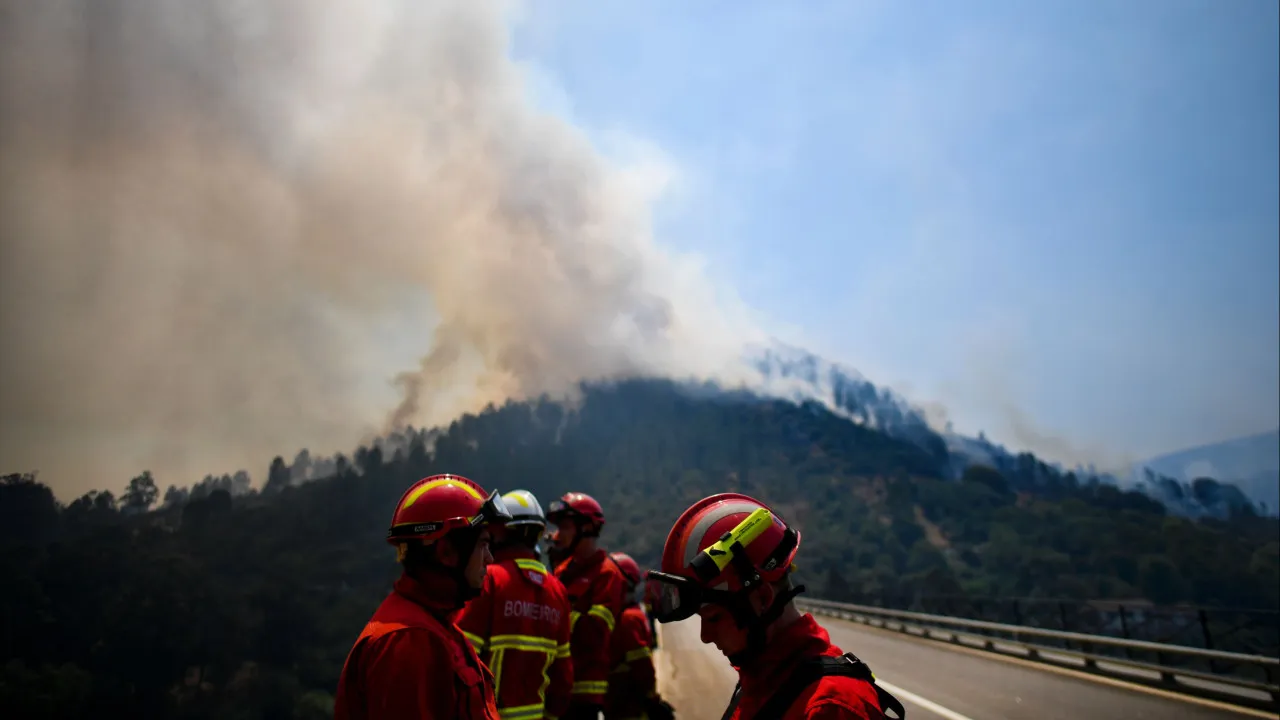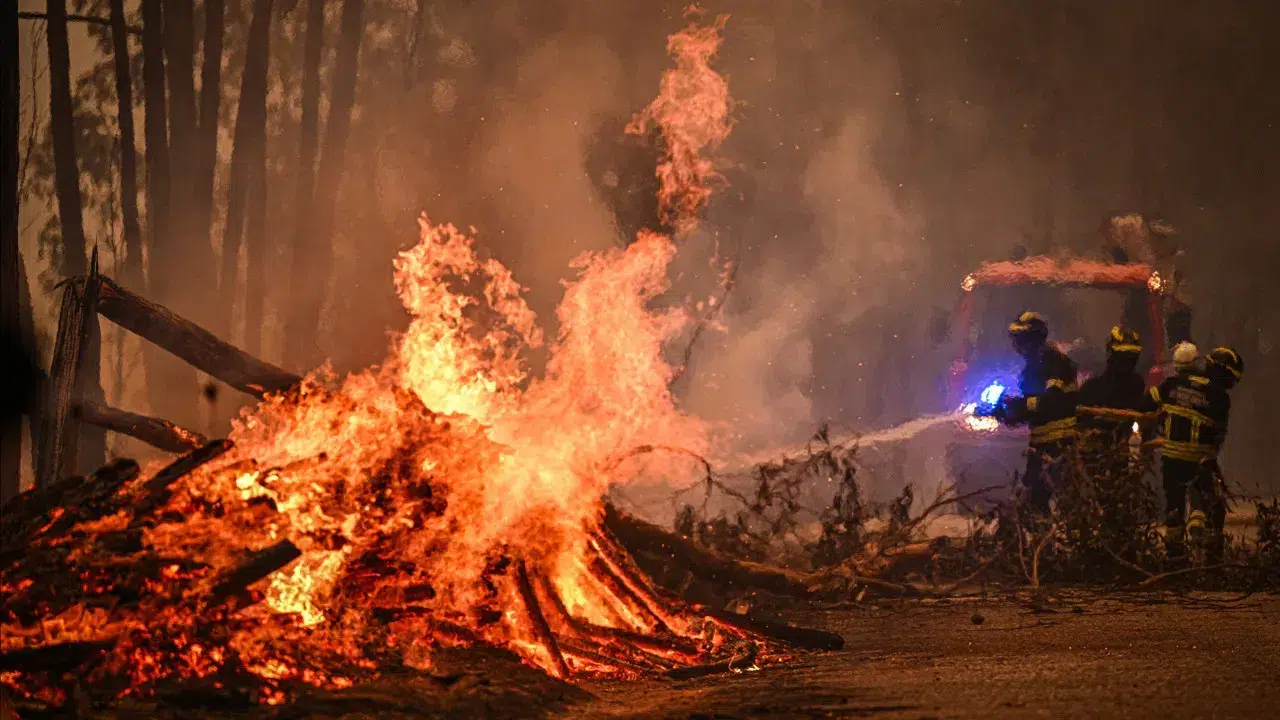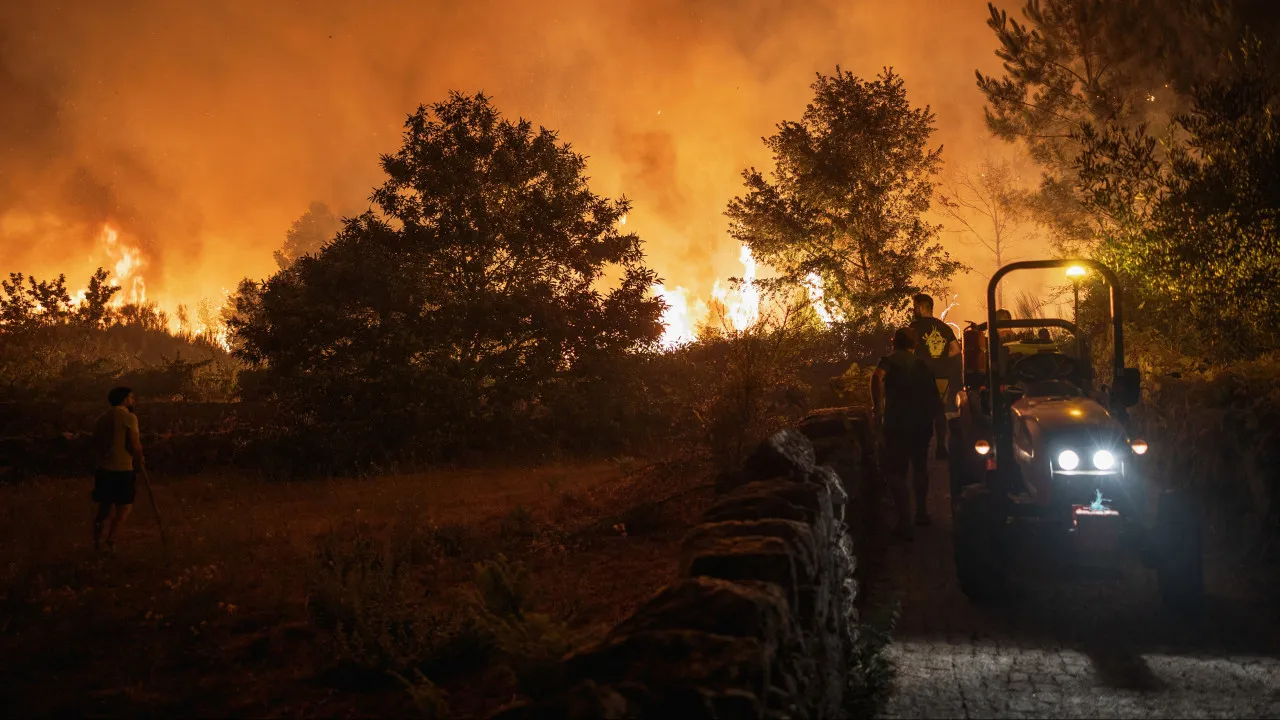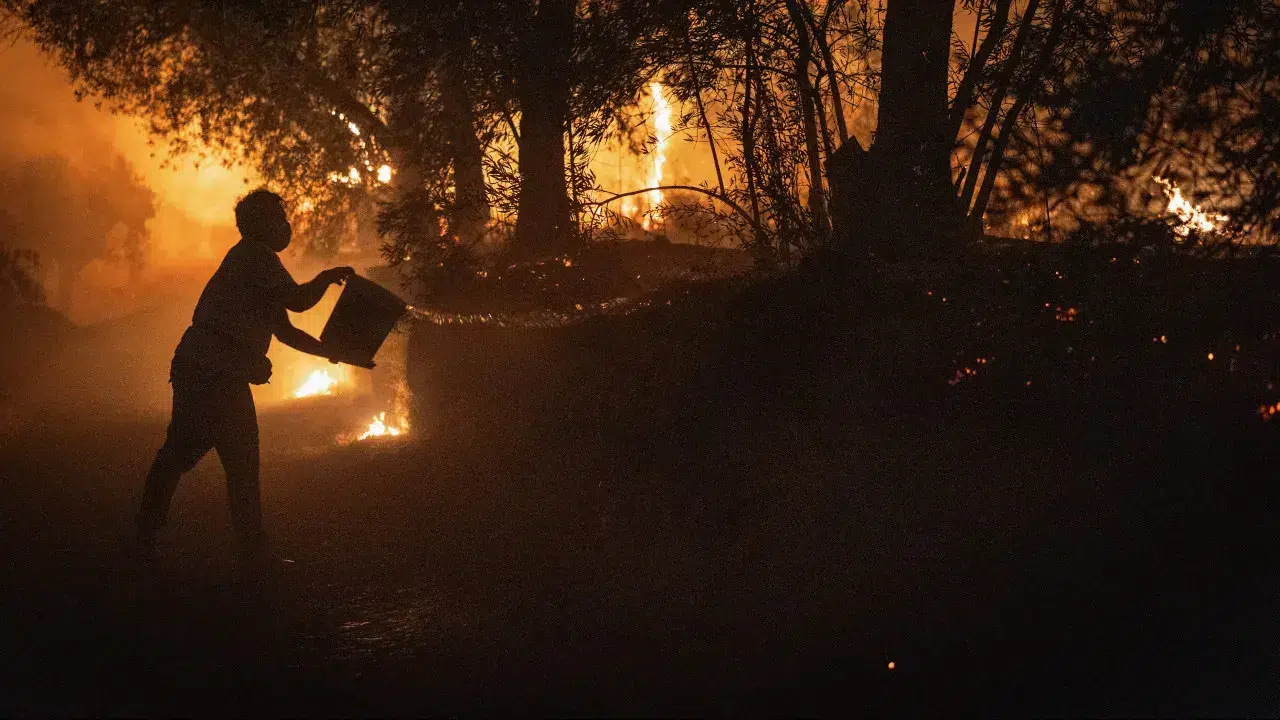The Secretary of State for Civil Protection, Rui Rocha, acknowledged on Tuesday the potential for “momentary discoordination” in firefighting efforts in Portugal.
“We can admit, here or at another time, given the complexity of the operational scenarios, that there may be some momentary discoordination,” he clarified during an interview with SIC Notícias.
“Often, the speed and spread of the fire is much faster than the capacity to mobilize resources,” he explained, emphasizing that “every operational theater has a command post responsible for resource management.”
“There are commanders who tell me they don’t remember a fire so intense and with such rapid spread,” the government official reported.
Nevertheless, Rui Rocha gave a positive overall assessment of the professionals’ actions on the ground, stating that there is “a success rate in the initial attack, within the first 90 minutes, of over 90%.”
Regarding the lack of resources, the Secretary of State expressed understanding for the distress of local officials, recalling his own experience as the mayor of Ansião in 2017, where a station was set up due to the fires in Pedrógão.
“We who are on site always understand that resources are scarce,” he admitted.
Rui Rocha also responded to criticism from the president of the Firefighters League earlier on Tuesday, who argued that there should be a “national figure” to make decisions regarding firefighting.
The government official found this statement “unfair,” reminding that there is a national commander of the National Authority for Emergency and Civil Protection, who often appears in front of cameras for briefings, and at other times “visits various command posts and operational theaters” on the ground.
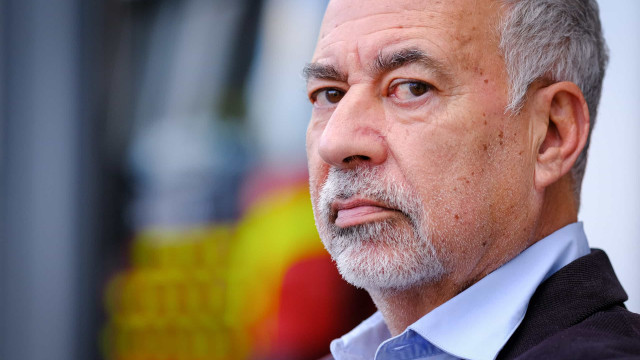
The president of the Firefighters League believes that “the Seia fire will progress today into tomorrow because there was no capacity for strategic operational decision-making to resolve the allocation of aerial resources at certain locations.”
Carolina Pereira Soares | 18:41 – 19/08/2025
Regarding the alert situation, which extends until Wednesday after successive extensions, Rui Rocha explained that “it was not justified” to maintain the regime, given favorable weather forecasts for firefighting.
“There will be a drop in temperature, which will bring temperatures to usual August, summer levels, and humidity will be higher. These are the aspects that led us not to extend the alert situation,” he clarified.

